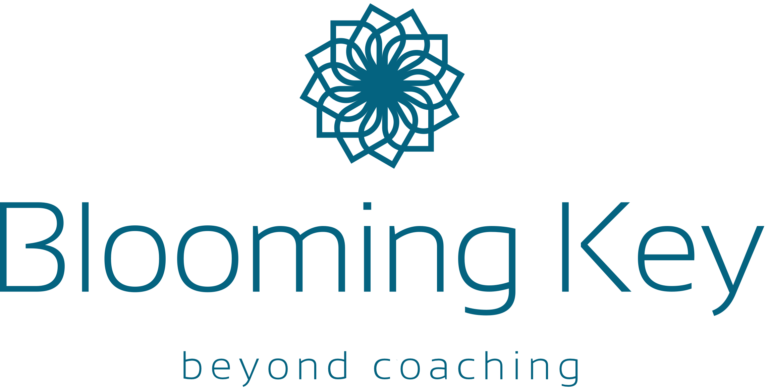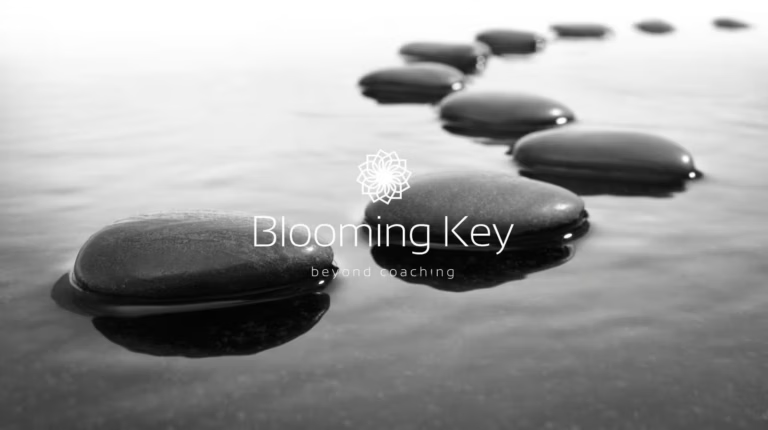There are times in your life when you are just not able to function like you normally do and you need to learn to manage your anxiety better. It happens to the best of us. You may find yourself plagued by worrying thoughts or fears more often than usual. Typically, anxiety is experienced on a physical and mental level. It can have a drastic effect on your daily life, so to control it, there are a few simple things that you can do to help feel better.
1. Get some exercise
Exercise has been known to have a positive effect on anxiety. Exercising your body does not have to mean doing repetitive strenuous workouts that stress your muscles, especially because you are looking for something calming. You can try Pilates, Yoga, or even just plain Jogging to get your body moving. The aim here is to do exercises that you enjoy so that your body releases endorphins, the hormone that makes the workout experience so satisfying for people.
My personal feel good exercise plan is 4 times Gym and 1 time Cardio with some Yoga. It took me quite a while to figure out what is best for my body – so don’t give up to quickly just keep on trying which kind of exercises are best for you.
2. Regular sleep
Our sleep cycles can affect us more than most people realize. Getting the recommended eight hours of sleep each day can boost your mood and your body is better able to deal with stress when you have had adequate sleep hours. My husband and I are quite rigorous when it comes to sleep, 10pm the lights go out and 6am it is wakeup time. Even on weekends we try to stick to that plan and if we don’t – the vengeance will follow. We will feel it the whole day that we did not get enough sleep. The more you allow your body to be healthy the more it will let you know what it likes and what not. Find our more about the importance of sleep in this TED talk https://www.ted.com/talks/matt_walker_sleep_is_your_superpower?utm_campaign=tedspread&utm_medium=referral&utm_source=tedcomshare
3. Follow a healthy diet
Making healthier choices when it comes to the food you eat daily is important for your overall wellbeing and to avoid anxiety.
A healthy died includes:
- not missing your meals
- drinking enough water
- vegetables and fruits
- whole grains
- lean protein sources
- nuts and seeds
Foods to avoid to reduce anxiety are:
- Cakes, cookies, candy and pies
- Sugary drinks
- Processed meats, cheese and ready-made meals
- Coffee, tea and energy drinks
- Alcohol
- Fruit and vegetable smoothies with high glycemic indexes
- Gluten
- Artificial sweeteners
Choosing a flexible plan allows an occasional, reasonable indulgence if you like – I call them cheat days.
If your goal on top of eating healthy is to release some pounds make sure to stay away from extreme fasting diets like:
– too drastically cutting calories
– eating large quantities of certain foods, such as grapefruit or meat;
– eliminating entire food groups, such as carbs
I know it seems appealing if you want to release weight to release it quickly but this can cause nutritional problems, which have a negative impact on your overall wellbeing and are not sustainable. A weight loss of 0.5 to 2 pounds (0.2 to 0.9 kilograms) a week is the typical recommendation.
Also remember each of us is unique, the diet which works for me might not work for you.





